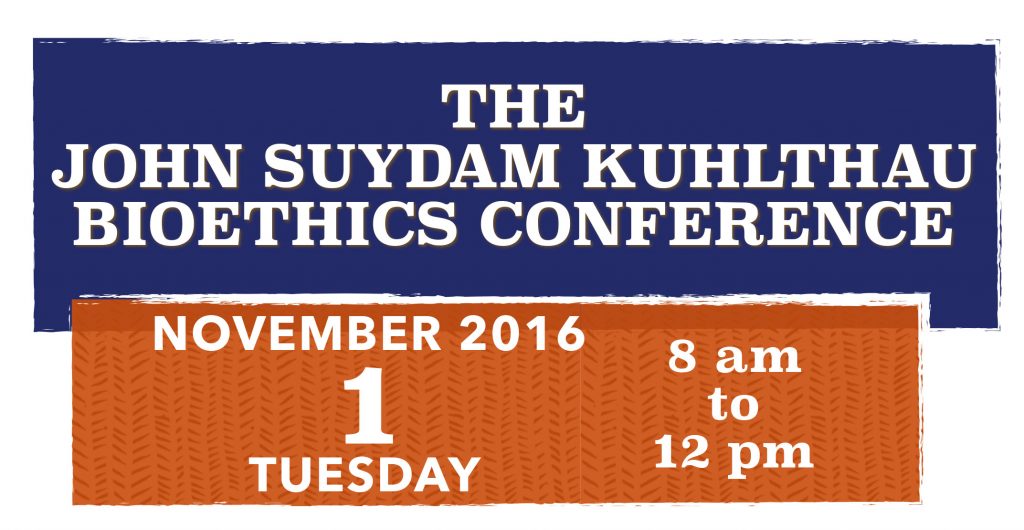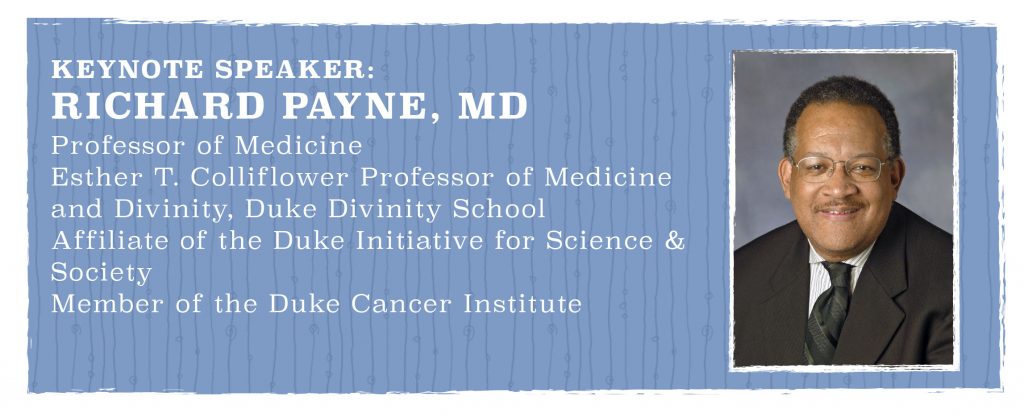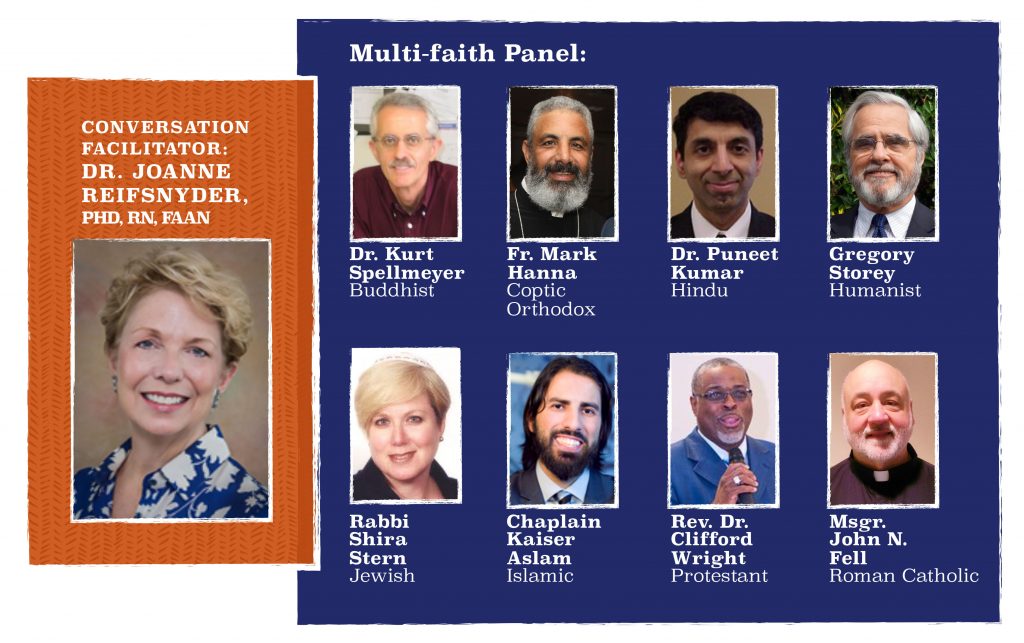
News

- This event has passed.
The John Suydam Kuhlthau Bioethics Conference
November 1, 2016 @ 8:00 am - 12:00 pm
Event Navigation
 “Cultural and Religious Perspectives on End-of-Life Care:
“Cultural and Religious Perspectives on End-of-Life Care:
Diverse Answers to Universal Questions”
Twenty-first century medical science is giving us longer, fuller lives than ever before. But sooner or later, end-of-life issues still need to be confronted from medical, cultural, and spiritual perspectives. How can we do a better job of helping those dear to us “die well?”
To address that question, New Brunswick Theological Seminary, Robert Wood Johnson University Hospital, RWJ Barnabas Health and St. Peter’s University Hospital will present The John Suydam Kuhlthau Bioethics Conference, “Cultural and Religious Perspectives on End-of-Life Care: Diverse Answers to Universal Questions”. It will be held Tuesday Nov. 1 from 8:00 AM to 12 Noon at the Sister Marie de Pazzi Conference Center, St. Peter’s University Hospital, 254 Easton Ave. in New Brunswick.

The Keynote Speaker will be Richard Payne, MD, Professor of Medicine and Divinity at Duke University Divinity School. Dr. Payne is an Affiliate of the Duke Initiative for Science & Society and a member of the Duke Cancer Institute. He is an internationally-known expert on care for those near death.
 Multi-faith Panel members representing the Buddhist, Coptic Orthodox, Hindu, Humanist, Jewish, Islamic, Protestant and Roman Catholic traditions will present their own perspectives, facilitated by JoAnne Reifsnyder, PhD, RN, FAAN, of Genesis HealthCare of Pennsylvania.
Multi-faith Panel members representing the Buddhist, Coptic Orthodox, Hindu, Humanist, Jewish, Islamic, Protestant and Roman Catholic traditions will present their own perspectives, facilitated by JoAnne Reifsnyder, PhD, RN, FAAN, of Genesis HealthCare of Pennsylvania.
The conferences have been held regularly since 1997 thanks to the initiative and generosity of John Suydam Kuhlthau, a past member of the NBTS Board of Trustees and a long-time defense attorney, prosecutor, and judge in Middlesex County. He said the famous right-to-die civil case of New Jersey resident Karen Ann Quinlan in the 1980s showed the need for more attention to these issues – and not just from doctors and lawyers. “I decided that the thing to do would be to educate seminarians in ministering to the dying and the family in need of help. Every family encounters it,” he said. “I thought the seminary would be the appropriate place to get the young students involved in dealing with the issue and becoming intelligent about it, not only with the legal side but with the humanitarian side and the spiritual side.”
NBTS Associate Professor of Pastoral Care Dr. Raynard Smith is the Conference Coordinator. Dr. Smith is a former hospital and hospice chaplain. He explains, “The purpose of the conference is to provide spiritual leaders and health care providers with knowledge of the diverse ways in which culture, faith and spirituality impact end-of-life care. We’re trying to give everybody an opportunity to see how we can all work together for the benefit of the patient and the family. Our congregations are growing older and this is an issue we need to attend to.”
Dr. Smith says the Conference will focus on several key questions. “What constitutes ‘dying well’ within the complex interplay of medicine, culture and faith? How can we provide care that acknowledges the religious tradition or spiritual tradition of the individual and the limitations of health care?”
“Death and dying is a very complex topic not only for the physician but for the families that are involved,” adds Kuhlthau. “The problem doesn’t go away. It gets more and more complicated the more we learn about death and dying and surviving indefinitely. The pastor or priest can fill an important function. You have to deal with human beings and be one yourself.”
For more information call New Brunswick Theological Seminary at 732-247-5241.
